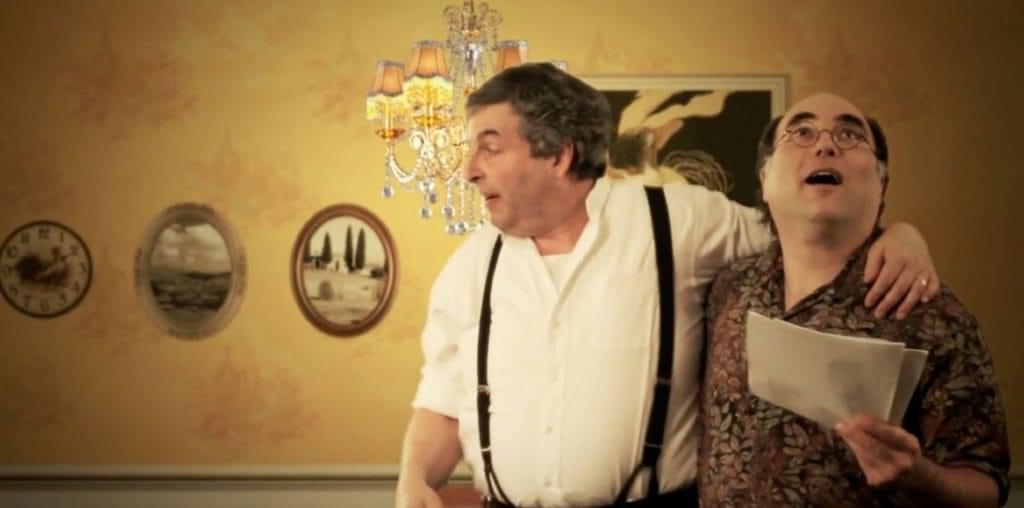
It’s doubtful the nation as a whole had caught its breath yet from the 2000 election shambles, when 2002 rolled along. Texas, the home state of LBJ, used to be a guaranteed bastion of the Democratic Party. As the new millennium approached, however, the Lone Star State began to swing into the Republican ledger; a transition that was completed with George W. Bush’s upset over Governor Ann Richards in 1994. Today, the pendulum has swung so far to the right that there’s not a single Democratic statewide elected officeholder. This is in spite of the state’s growing number of minority citizens, especially a burgeoning Hispanic population that tends to vote overwhelmingly Democratic.
As 2002 approached, the Democrats hoped to reverse their falling fortunes with a statewide “Dream Ticket” specifically crafted to turn out the minority voters. Their Hispanic gubernatorial candidate Tony Sanchez was poised to take on Bush’s successor, the incumbent Rick Perry, and their African-American candidate for the U.S. Senate, former Dallas mayor Ron Kirk, was set to face off against John Cornyn for the seat vacated by the retiring Phil Gramm.
Meanwhile, out in the hinterlands surrounding LBJ’s old congressional district, a little-noticed race for state representative was starting to heat up considerably. The Evangelical Christian Republican incumbent Rick Green (“As in money!”) was finding himself in a closer than expected match against a fresh-faced 24-year old Democratic challenger named Patrick Rose.
These are the two races, one local, the other statewide, that form the basis of Paul Stekler’s intriguing documentary “Last Man Standing.”
The big question to ask here, however, is, “why?” What is it about these two Texas races that would give this film more than just a regional appeal? While the film is clearly trying to draw national parallels to these two Texas races, in particular the governor’s race with its backdrop of the untapped potential of minority voters in American politics, it only succeeds in doing so to a limited extent. Much of this is due to the dud that the governor’s race became. With a milquetoast Perry facing off against an utterly uncharismatic Sanchez, mixed with some of the dirtiest mud slinging ever witnessed, voters tuned out the statewide races en masse. The resulting rout poured cold water on the Dems’ race-baiting tactics, not to mention a main pillar of this film.
As such, Stekler wisely devotes the majority of the time to the welterweight representative’s race, and here he hits paydirt. With the two candidates barely able to conceal their disdain for one another and the race tightening by the day, Stekler captures the potential upset in the making all the way to its nailbiting conclusion. (Particularly priceless is the segment where both Greene and Rose are stalking the same polling place parking lot, their signs slung over their shoulders like striking factory workers, accosting voters on their way inside to vote as the clock ticks down on Election Day.)
All politics is local, goes the old saying. Considering the sheer size in both population and geography of the State of Texas, keeping it “local” can be a bit challenging. This is good stuff, to be sure, but one has to wonder again how this all fits the larger picture. Why should a viewer in, say, Bangor, Maine want to watch “Last Man Standing?”
Like the Democrats in 2002, I don’t have an answer to that question.

